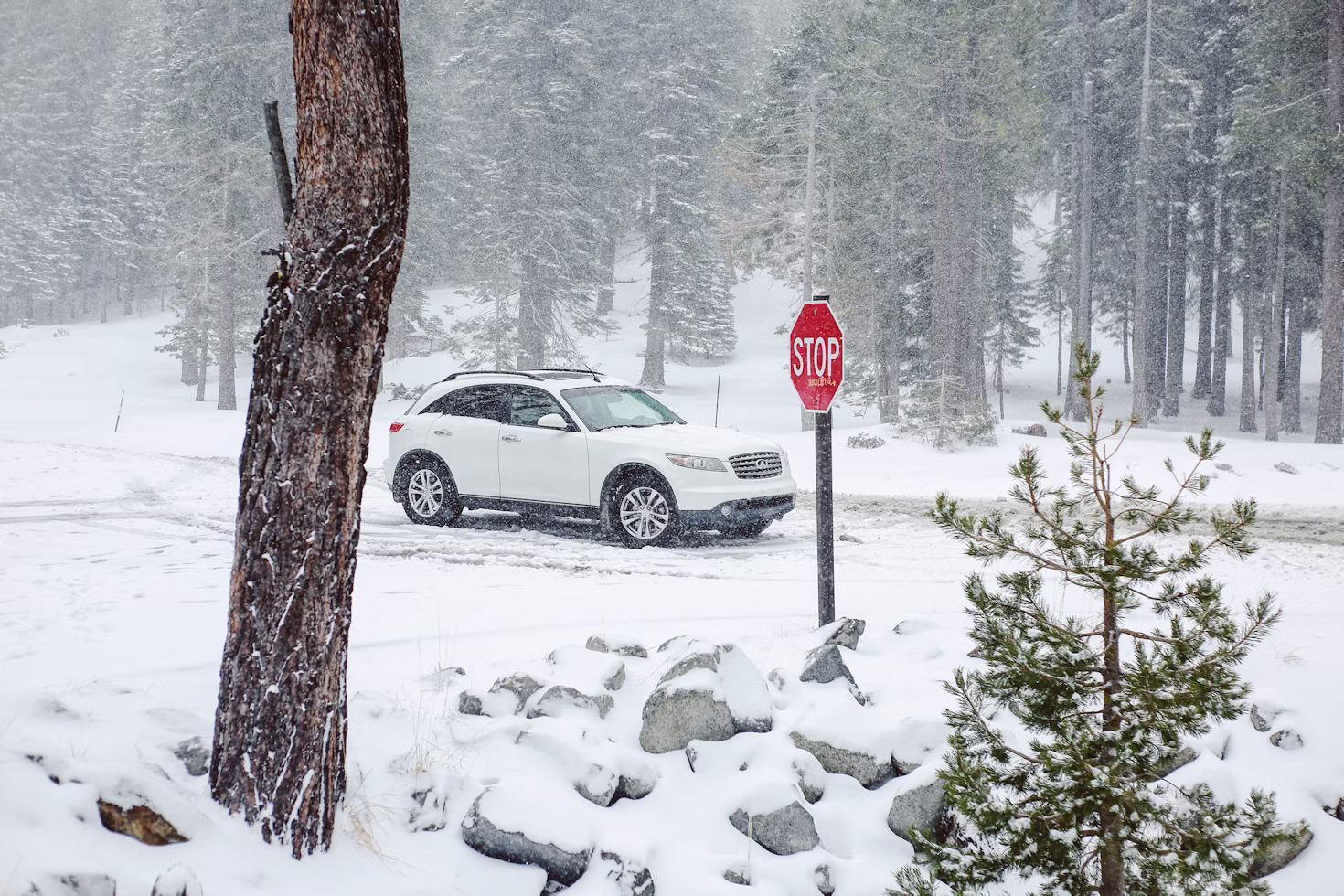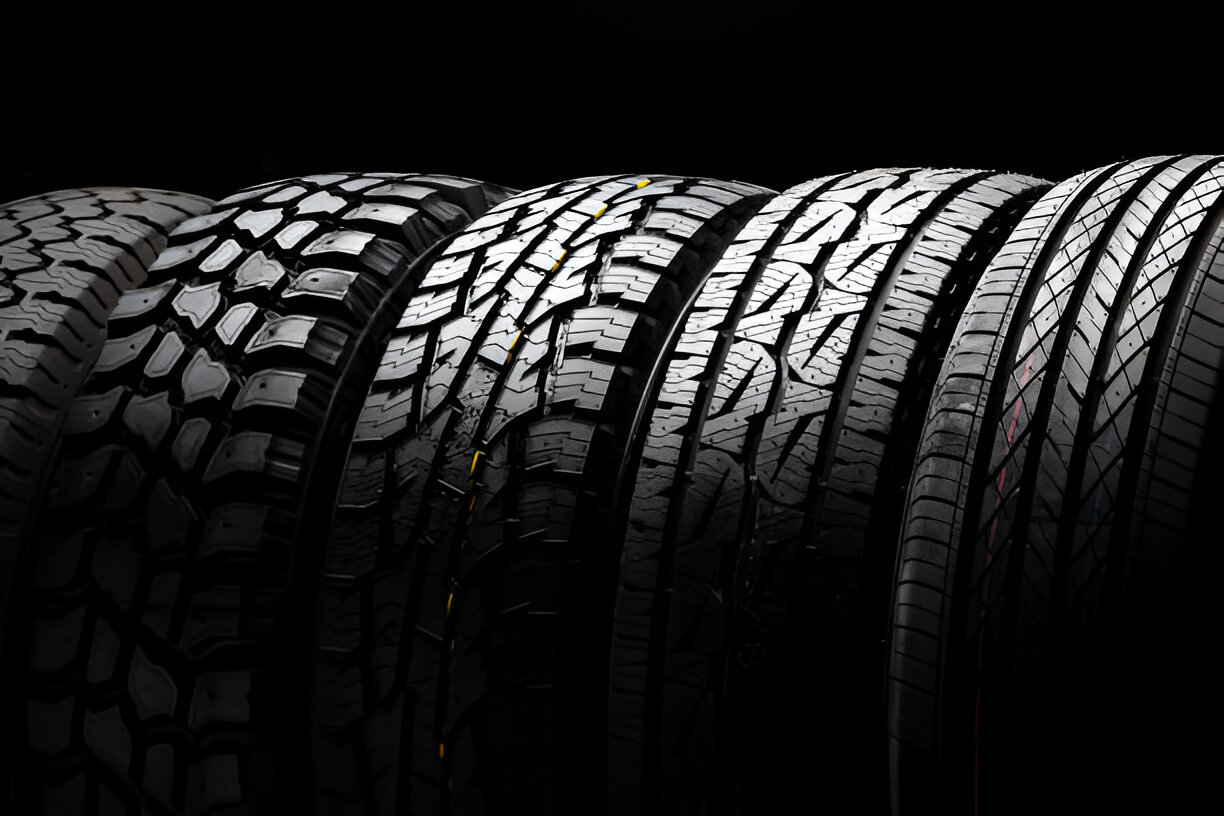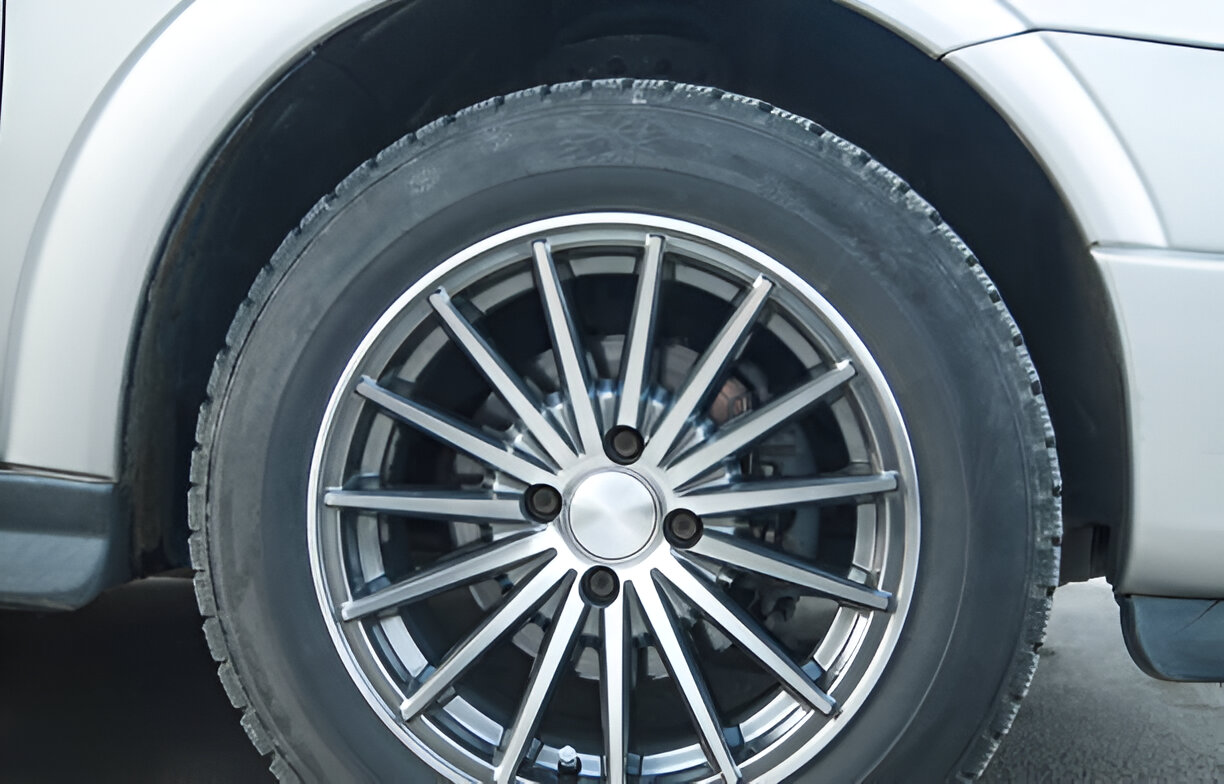Last Updated on August 2, 2025
Understanding the Importance of Snow Tires
Pop quiz: What’s the most common and deadly activity people do during the winter?
Hint: You probably don’t think this activity is extreme.
When winter sets in, roads become icy and snow-covered, a question often pops into drivers’ minds: “Do I Need Snow Tires?” It’s not just about having any tire; it’s about ensuring you and your loved ones are safe during those chilly rides.
Could it be skiing or snowboarding? During the winter of 2011-2012, around 9.8 million people braved the ice and snow to take to the mountains on skis or a snowboard. But during that season, only 54 people died on the slopes. In comparison, an average of 1,300 people are killed in car wrecks each winter. Driving is the most deadly activity, perhaps simply because we do so much of it.
Without fun winter activities like skiing, the snowy months of the year would be full of boredom. But for the 70 percent of people who live in regions that get snow, winter recreation is a dangerous prospect, fraught with peril from hazardous road conditions.
Why Even Ask, “Do I Need Snow Tires?”
While standard all-season tires are designed to handle various conditions, snowy and icy terrains present unique challenges. Slippage, reduced grip, and increased stopping distances become real concerns during winter.
Benefits of Saying Yes to Do I Need Snow Tires
It’s not just about the drive; it’s about the destination. Whether heading to a ski resort, a winter cabin getaway, or just commuting in snowy conditions, the right tires ensure you get there safely.
- Superior Traction: Snow tires, specifically designed with deeper treads and unique patterns, grasp snowy surfaces better, reducing the chances of skidding.
- Optimized Rubber Compounds: Unlike regular tires that become rigid in the cold, snow tires are made with flexible rubber compounds, ensuring better road grip.
- Reduced Braking Distance: With better traction comes shorter stopping distances, a crucial factor when driving on icy roads.
The most significant difference lies in performance on icy roads. While all-season tires offer moderate winter performance, snow tires are specifically tailored for cold temperatures and snow, guaranteeing optimum safety.
Are Snow Tires Worth It?
The seasoned winter recreationist typically has much experience driving in the snow. If that’s you, no doubt your confidence level is high. You know how to go on snow and ice. Instinctively, you know how to turn the wheel into a skid, how long it takes to stop, and how fast you should go on windy roads. The only thing you can’t account for is what other drivers will do. Many people on the road haven’t experienced winter drivers, which explains the fatality rate of 1,300 deaths yearly.
Consumer Reports surveyed to determine if snow tires are worth it and found that “they easily outperform most all-season tires when it comes to traveling, stopping, and cornering on snow-covered roads.” In Quebec, Canada, snow tires reduced the number of winter accidents by 5 percent and lowered the number of injuries and deaths by 3 percent. To put that in perspective, snow tires could help save about 39 lives annually here in America.
Why Are Snow Tires Necessary?
Snow tires could save your life—even the smallest difference in stopping time can make all the difference. But what about these tires makes them a necessity in the snow? And what if you have a four-wheel-drive vehicle?
Truck Trend explains that snow tires are necessary, even for your four-wheel drive, because they offer superior traction. Although four-wheel drive helps you accelerate, it doesn’t do the work of snow tires for turning and stopping. That’s because a snow tire’s tread pattern is more “aggressive” and open than an all-season tread. Truck Trend says the tread pattern “allows the snow to pack into the tire, creating snow-on-snow traction.” This type of traction improves a tire’s performance in the snow.
Another factor is the composition of the tire. A snow tire is made from a softer rubber compound, which includes silica, which provides great grip. Softer rubber is flexible and yields the best traction on all surfaces but is particularly suited to cold temperatures because it deteriorates faster in the heat. All-season tires are made of a more complex rubber compound, which helps them maintain integrity during the summer but makes them minimally effective in the snow.
Do Snow Tires Work?
To answer this question, it helps to look at reviews and tests. Of the snow tires with customer reviews in our shop, the Vredestein Xtreme S has earned five-star reviews for its handling in the snow and its low road noise due to its advanced design.
On the independent consumer review site TiresTest.com, many reviewers rated the Snowtrac near perfect in all categories, including braking and traction. That’s a great track record. Vredestein makes a fantastic snow tire, but since it’s a European manufacturer, you won’t find as much information on it here in America as you will for a tire like the Michelin X-Ice.
The X-Ice is a new, state-of-the-art snow tire. Compared with the other top brands, the X-Ice rates second, right behind the Nokian Hakkapeliitta R2. In objective tests, it does just as well as the Hakkapeliitta when it comes to snow acceleration, snow braking, and ice braking. It did lose a point on ice acceleration, but the bonus is that the X-Ice costs nearly $50 less per tire than the Hakkapeliitta.
For winter sports enthusiasts who aren’t planning on racing anyone on ice anytime soon, the X-Ice offers excellent performance and leaves some cash left over for fun.
When Is the Best Time to Buy Snow Tires?
Get snow tires before winter hits because snowstorms and blizzards can swoop in fast. You’ll be the first to catch the fresh powder up the hill. It’s also a good idea because tire rebates and special offers often end by the end of the year. Check the current tire rebates (link: https://www.tires-easy.com/rebate) that include winter tires, and save on your budget while increasing your safety on winter roads.
Regardless of rebates, look for snow tires throughout October and November because that’s the window of time during which manufacturers want to push their inventory out the door. That’s when you’ll find sales and competitive pricing. And once you have your snow tires on, you’ll be ready for anything the winter season throws at you.
Conclusion
As winter’s chill starts creeping in and frosty mornings become the norm, many drivers find themselves wrestling with the question, “Do I Need Snow Tires?” While seemingly straightforward, the query goes beyond just vehicular performance—it touches upon our safety, the safety of our loved ones, and our overall driving experience.
When discussing investing in snow tires, we’re not just about rubber and tread. We’re talking about an investment in peace of mind, the assurance of safer travels, and the ability to embrace and enjoy our winter adventures without reservations fully.
Sure, all-season tires can handle a light dusting of snow or the occasional frosty road. But snow tires are designed, tested, and proven to stand head and shoulders above the rest for the unpredictability of winter’s worst—heavy snowfalls, black ice patches, or sub-zero temperatures.
Still pondering the question, “Do I Need Snow Tires?”
Let’s put it this way—if you prioritize safety, demand top-notch performance, and refuse to compromise on the quality of your winter drives, the answer becomes crystal clear: absolutely yes!
Dive into the vast selection at Tires Easy, where we’ve curated the very best in snow tire technology.
We have everything from innovative tread designs to flexible rubber compounds that perform in even the coldest conditions.
Why settle for mediocrity when excellence is within reach?
Shop with us now and secure fantastic deals and the promise of safer, smoother, and more controlled winter journeys.
At Tires Easy, every journey, regardless of the season, should be a testament to safety and pleasure. Embark on yours with the right set of tires!
FAQs
Why do you need snow tires?
Snow tires, also known as winter tires, are specially designed to provide enhanced traction in winter conditions such as snow, ice, and slush. They are made with a softer rubber compound that remains flexible in colder temperatures, ensuring better grip.
Do I need snow tires?
The necessity of snow tires largely depends on where you live and the severity of winter conditions you typically encounter. Snow tires can benefit your safety if you live in an area with regular snowfall, icy conditions, or prolonged cold temperatures. However, if you rarely experience winter weather, all-season tires might suffice. It’s always best to consult local regulations and recommendations, as some regions may require snow tires during certain months.
Do I need snow tires?
Yes, installing a complete set of four snow tires is recommended. Using only two snow tires (on the front or rear) can create an imbalance in traction, especially when braking or cornering, leading to loss of control. Four snow tires provide uniform handling and stability, even if your vehicle is front or rear-wheel drive.
Do snow tires work?
Absolutely! Numerous tests and studies have shown snow tires significantly outperform all-season tires in winter. They offer better traction, reduced stopping distances, and improved handling on snowy and icy roads. Snow tires are not just a marketing gimmick; they result from dedicated engineering to ensure drivers’ safety during the challenging winter months.
-
Automotive Specialist
-
Proofreader
-
Writer











